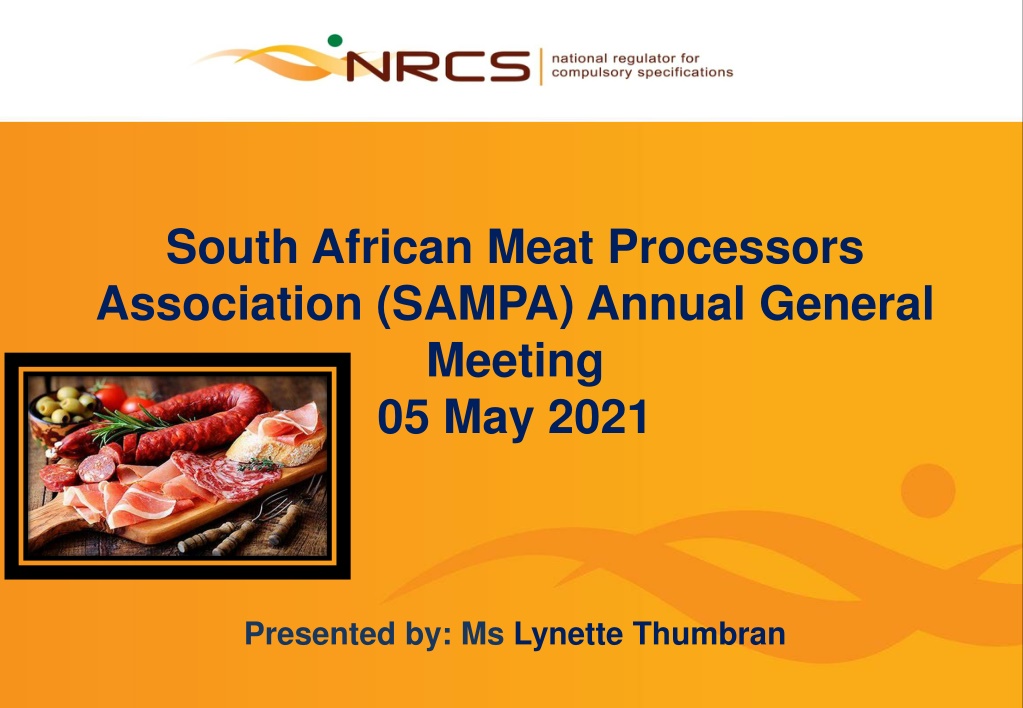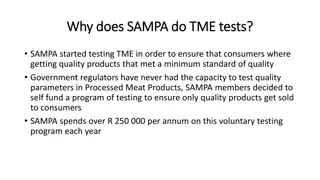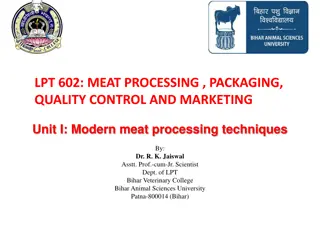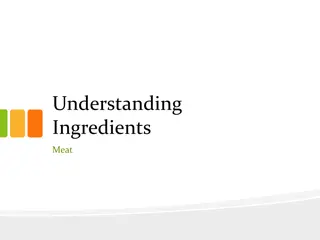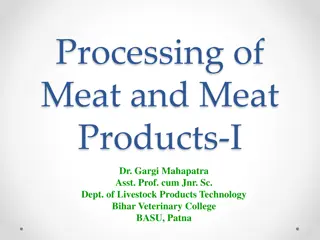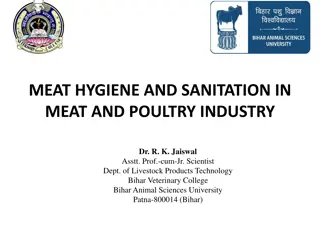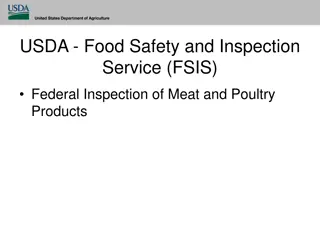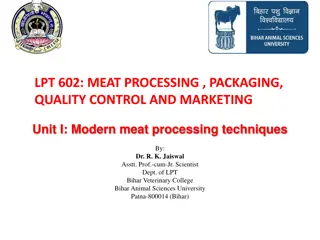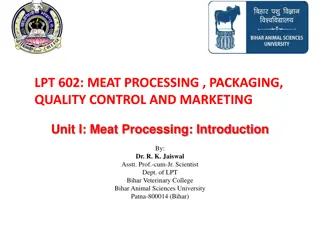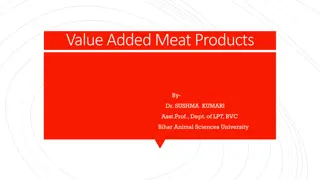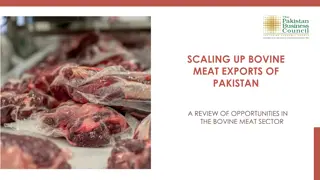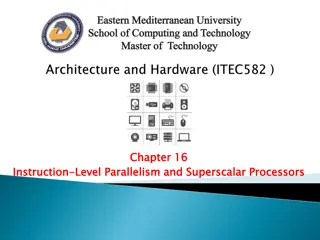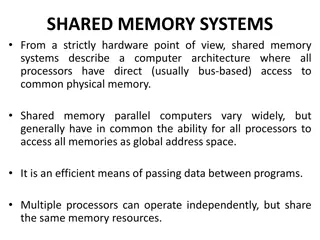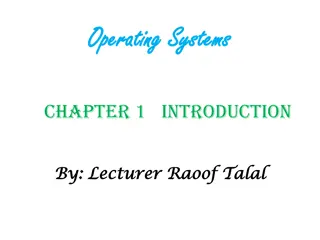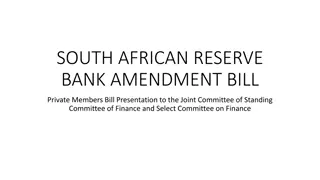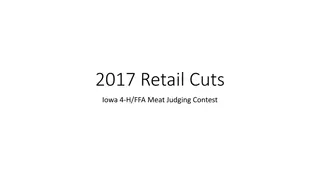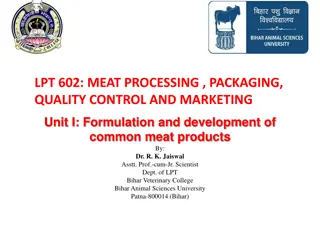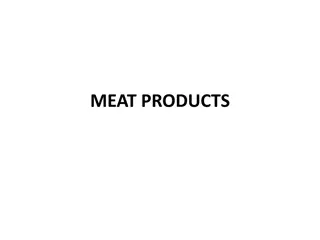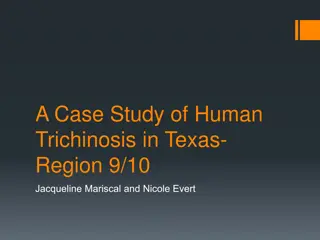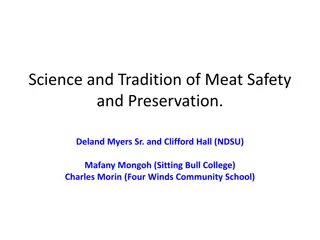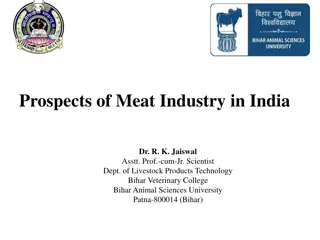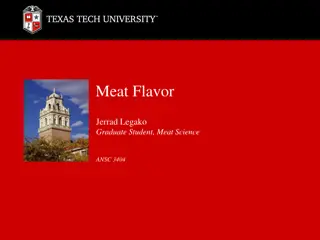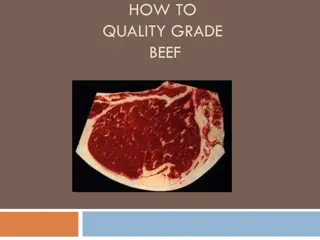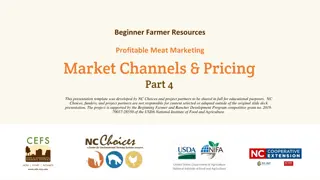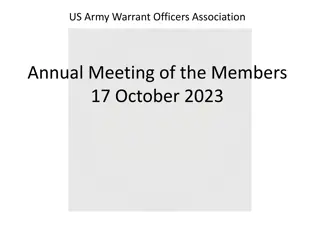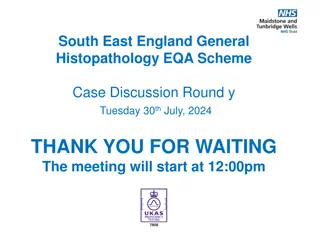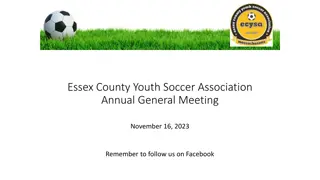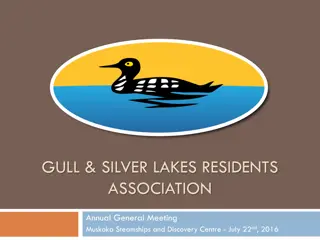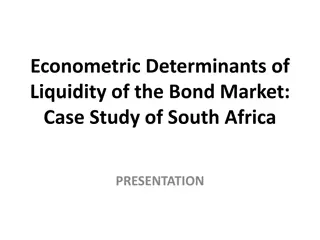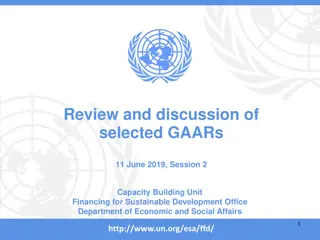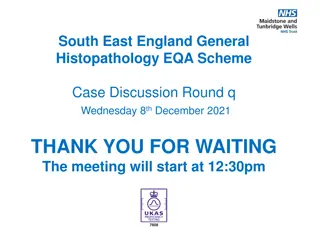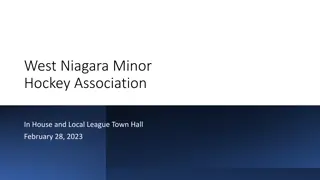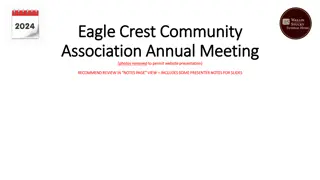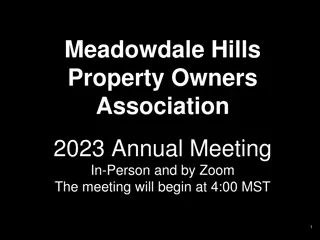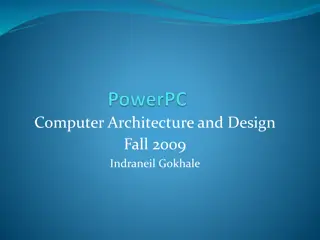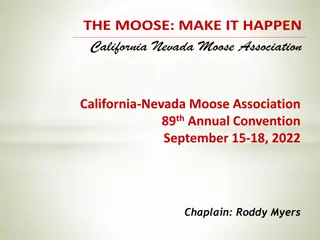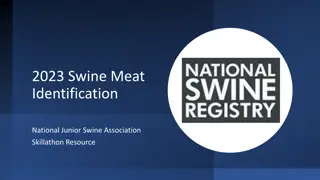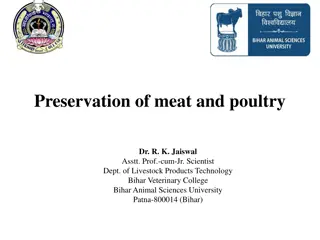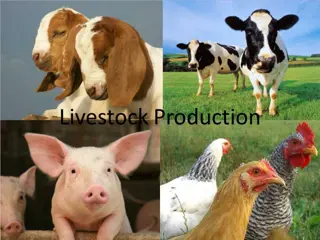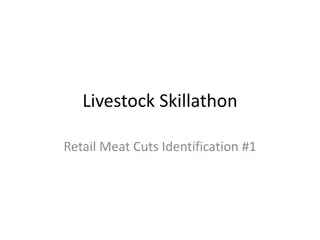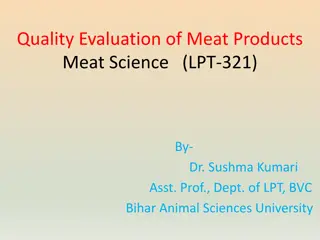Insights from South African Meat Processors Association (SAMPA) Annual General Meeting
Presenting highlights from the SAMPA Annual General Meeting showcasing discussions on NRCS structure, compulsory specifications, FAI business unit structure, and main functions. Explore details on industry sectors, product regulations, and more.
Download Presentation

Please find below an Image/Link to download the presentation.
The content on the website is provided AS IS for your information and personal use only. It may not be sold, licensed, or shared on other websites without obtaining consent from the author. Download presentation by click this link. If you encounter any issues during the download, it is possible that the publisher has removed the file from their server.
E N D
Presentation Transcript
South African Meat Processors Association (SAMPA) Annual General Meeting 05 May 2021 Presented by: Ms Lynette Thumbran
Sequence of Presentation Overview of the NRCS structure Compulsory Specifications FAI Business Unit Structure Main functions of the business unit FAI Inspection program NRCS Inspection system Sampling plan Non-conformance to VC Approach to structural challenges Sanctioning Process Q&A 2
Overview of the NRCS structure NRCS - 6 Business units Industry Sector Product regulated / Service rendered Vehicles, Replacements components Automotive Electrical appliances and products, Electronic appliances and products Electro-technical Fishery products, Processed and canned meat, Shellfish & Finfish monitoring and control programs Food and Associated Industries Cement, chemicals, detergents, Personal protective equipment, safety shoes, building materials, treated timber, plastic bags, solar water heaters, plumbing equipment Chemicals, Materials and Mechanicals Gaming, measurements, pre-packed goods, measuring instrument approval Legal Metrology Ensure uniform interpretation of NBR Act, administer review Board, set minimum regulatory requirements in standards, regulations, Building control officers convention and Building control officers training Building and Construction material
Compulsory Specifications SANS VC VC 8031 SANS 788-Frozen Prawns VC 8017 SANS 585-Frozen Fish VC 8014 SANS 587-Canned Fish VC 9104 SANS 1680-Live Lobsters VC 9107 SANS 2879- Aqua-cultured Live and Raw Chilled Bivalve Mollusks VC 9001 SANS 729-Live Aqua-cultured Abalone VC 8020 SANS 2074- Frozen Rock Lobster VC 8021 SANS 2877-Smoked Fish VC 8019 SANS 1675- Canned Meat VC 9100 SANS 885 - Processed Meat 4
FAI Business Unit Structure
Main functions of the business unit ADMINISTER COMPULSORY SPECIFICATIONS TECHNICAL SUPPORT COMPETENT AUTHORITY FOR FISHERY PRODUCTS QUALITY SYSTEM REGULATING IMPORTS TRAINING
FAI Inspection program Factory requirements Equipment for production Pre-requisite requirements (GMP) Processing/ product requirements Requirements for employees Sampling for Microbiological Testing (As per pre-determined schedules and/or sampling plans) Sanctioning of non-compliant product Traceability of products Test methods Water/Ice Microbiological evaluation (As per sampling plans) Chemical requirements(PAH) ( SANS/VC) Labeling requirements Food Safety Management System (e.g. HACCP) Risks Management throughout the value chain Regulatory hazards
NRCS Inspection System 6 monthly summary physical inspection-including HACCP Plan Risk Based Approach Line inspections and verification of operations Annual Food safety verification-including physical inspection Planned Random Unannounced Inspections
NRCS Inspection System Factory inspections covers: All operation & sanitation & hygiene Raw material and final products Verification of process control measures Food safety management system Construction and Maintenance of Factory and Equipment NRCS shall only issue an approval certificate after a complete physical inspection of the factory, its processes and systems and if the factory complies, then the approval certificate shall be issued.
Sampling Plan Different brand names of similar products are sampled at the beginning of the year for a specific vendor. Thereafter for the following months of the year, all the product/s of each class shall be sampled with alternation of the classes throughout the year if applicable. For example, if the vendor produces one product in one class throughout the year, then at least twelve samples shall be taken. If the vendor produces 20 products in 5 classes, then at least 64 samples shall be taken. Sample failure: SANS 885:2011 limits will be used for specifications. Draft of SANS 885:2020 :- Criteria used-Hygiene indicators request the Operator to take corrective action. Food safety related :- reject and the sanctions protocol will be followed.
Non-Conformance to VC1 Conditions for non conformance The facility does not comply Processes do not comply Products do not comply Failure to re-apply for approval Non-compliance results to : Suspension/Withdrawal of approval of Operator No new batches shall be produced None use of the packaging with NRCS number during suspension.
The Implementation of Processed Meat VC9100 Number of factory inspection conducted 120 105 100 80 60 40 20 12 9 9 3 3 2 2 0 0 Western Cape Eastern Cape KZN Northen Cape Limpopo Mpumalanga North West Free State Gauteng 12
Challenges during inspections Sanitary hygiene issues cleaning housekeeping People Factory layout Sanitary hygiene issues cleaning housekeeping People flow Freezing processes Product traceability and labelling Micro hygiene results failure TVC and E. Coli (NC Corrective action required). Freezing processes Product traceability and labelling Micro hygiene results failure TVC and E. Coli (NC Corrective action required). 13
Approach to Structural Challenges1 Risk based approach shall apply No-minimum flexibility- High to moderate risk to product High flexibility- no/or minimal risk to product Corrective actions plans shall be reviewed to inform whether timeframes are realistic Adequacy and acceptability of timeframes shall be determined by NRCS
Sanctions A variety of sanctions are applied where products do not meet the minimum requirements of the Standard These range from: stopping the sale of non-conforming products seizure of the non-conforming products destruction of the non-conforming products prosecution of offenders.
Q&A Contacts: Mr Deon Jacobs - jacobsdc@nrcs.org.za Ms. Thandeka Zulu - thandeka.zulu@nrcs.org.za Food and Associated Industries| NRCS| 14 B Railway Road, Montague Gardens, Cape Town, South Africa Box 36558, Chempet, Cape Town, South Africa, 7442 Tel +27 21 526 3449- Thandeka Tel +27 21 526 3412- Deon Fax +27 21 526 3451
